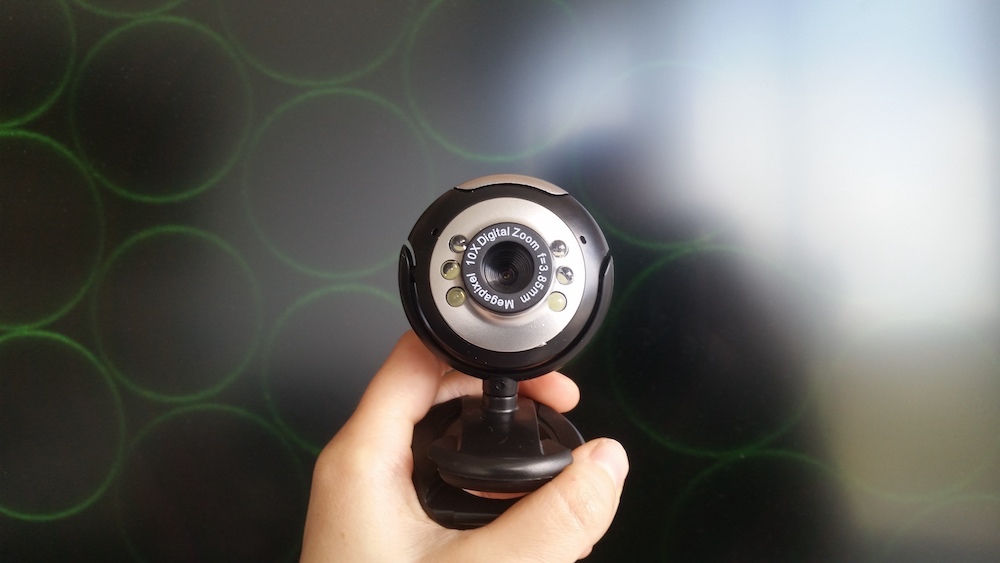Reading is often a solitary experience, but it becomes a social experience when we attend an event where we get to see authors read their work live. One of the most common ways that publishers and authors promote their books is by holding readings. These events can take place digitally or in person, but are becoming increasingly popular as digital occurrences. In light of the global pandemic of 2020, we learned just how valuable it can be to have a strong digital reading event.
Although digital readings are great opportunities for publicity, it can be daunting when a digital event is one of the only events that will occur, as was the case for many events for debut authors in early 2020. With all of that pressure, how can publishers get their authors ready for these events? What is the best way for an author to prepare for an online reading?
First, the basics. What will they read? The author probably has a good idea of what selections may read well. In general, the passage should be engaging, and involve some kind of mini plot or character arc. It should sound beautiful and read naturally out loud, without dragging on and on. Dialogue is a great thing to include, but too much can be confusing to the audience, as the “he said, she said” can be hard to follow.
Next, how will they read it? They’ll need to practice. While it might not be poetry, a reading is still a performance of sorts. The author will need to take time to run through the reading aloud, noting where to place special emphasis, change pacing, use a different voice, or make minor changes to the text in order to ensure audiences will be able to follow along, as they may not have a copy in front of them. This can also help sharpen their focus and aid in creating smooth transitions. This practice is also a time to make decisions about what kind of background would be fitting for the reading, what they will choose to wear, and how they will handle possible distractions like children, sirens, or pets (if the reading is occurring in their home).
And finally, where will they read it? Authors and publishers should spend time getting to know the platform they’ll be using. Whether it’s Instagram Live, a large Zoom call, or a recorded reading, time must be spent familiarizing oneself with the ins and outs of the technical aspects of the software. Several tests should be run prior to the real deal, and everyone should have a contingency plan for troubleshooting technical issues. What if the audio cuts out? What if the dog barks? What if there is a disruptive audience member? Things can and will go wrong, and having a plan for how to deal with it can both save everyone from embarrassment as well as give everyone involved a sense of confidence.
Nailing down the what, where, and how of the reading will prepare the author to have the most successful, stress-free online event possible. This will be especially necessary as book marketing moves online. As debut author Kevin Nguyen said in a New York Times interview on the way book publicity is shifting to an online presence, “…there’s an opportunity here, if we can all figure it out…I’m hoping these hurdles can encourage us to think about how book promotion can be reinvented.”

